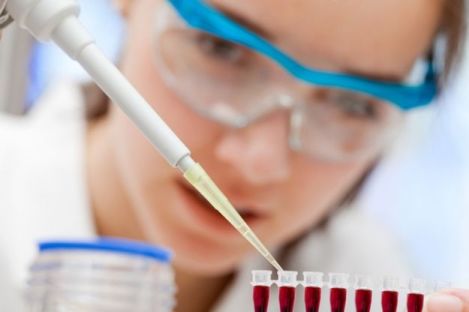What is azotemia and how to prevent it?
What is azotemia? The term azotemia may seem strange and even unknown to many. The azotemia is the concentration of nitrogen in the blood, resulting in waste of protein metabolism. Is it a problem to have high levels? The truth is that not underestimate nor its symptoms and its consequences, since in most cases is caused by kidney failure. Let’s see, further, what is behind the azotemia, what its symptoms and what is the recommended diet to follow.
Table of Contents
Azotemia values
The normal reference values are between 22 to 46 mg/dl. Those responsible are the kidneys when they fail, they are unable to eliminate nitrogen waste through urine and urea, accumulate in the bloodstream. Thus arises azotemia.
Types of Azotemia
Azotemia divided into three types. Pre-renal azotemia begins after a reduction in cardiac output. The kidneys do not get blood. Pre-renal azotemia occurs for heart failure, dehydration, reduced blood flow, shock, and many other reasons. When the index exceeds the mark of 15, the reason lies in the failure of the filtration of creatinine and nitrogen. GFR decreases because of hypoperfusion. This leads to an increase in the level of creatinine and nitrogen. After reabsorption, its amount increases rapidly.
The second type of azotemia is Intrinsic. Most often, this leads to uremia. Usually, this condition occurs for kidney disease or parenchymal lesions. Intrinsic azatemia causes the development of the following:
- Glomerulonephritis;
- Renal failure;
- Acute tubular necrosis, etc.
With this form of azotemia, the index is less than 15. The GFR decreases, blood levels of nitrogen and creatinine increase. Reabsorption does not occur due to proximal tubule damage. Nitrogen is excreted from the body with urine.
The third type of azotemia is post-renal. In this case, the barrier to standard urine output is below the kidneys. The causes can be congenital pathologies:
- Benign prostatic hyperplasia (BPH);
- Vesicoureteral reflux (VUR);
- A tumor that tightens the urethra;
- Pregnancy
- Stones in the ureter.
Hydronephrosis can develop due to resistance to normal urine flow. At the same time, the index is greater than 15. The pressure in the nephron increases, causing active nitrogen reabsorption. As a result, it increases in the index.
Causes
It is a fault in the kidneys. Among the reasons, however, also included diet too high in protein, associated with reduced water consumption; or urinary tract obstruction due to kidney stones or an infectious disease (cirrhosis, gout). Do not underestimate the azotemia due to excess physical activity or during pregnancy.
Symptoms and Remedies
The elderly, pregnant women and young adults are most likely to suffer from azotemia. The most common symptoms are fatigue, paleness, weight loss, tachycardia, vomiting and diarrhea. Among the remedies: review diet and discover the cause that caused it.
Diagnostics
Azotemia, the symptoms, whose treatment is determined with the help of diagnosis, is a complicated disease. For a successful therapy, you need an accurate diagnosis, as well as finding the cause that caused the azotemia. The diagnosis is made by a nephrologist (a specialist in kidney disease) and a urologist. The patient performs blood and urine tests. The patient measures the nitrogen and creatinine index.
Treatment
Azotemia, whose treatment begins consultation of an urologist or a nephrologist, the disease is serious and requires a careful diagnosis. After the test results, the therapy is prescribed. With a fast and accurate diagnosis, the disease is treated quickly and effectively. With late treatment of the patient, unwanted complications can occur, many of which are very dangerous to one’s health.
During therapy, hemodialysis is used. Named funds to eliminate the unpleasant symptoms of azotemia. There are medications that restore normal blood pressure and improve heart function. Azotemia – what is it? The disease occurs in a context of kidney failure. As a result, many nitrogen compounds accumulate in the blood, which are not completely eliminated from the body. The therapy aims to restore the kidneys. A doctor may receive a special diet. It is necessary to abandon the great physical efforts at the time of treatment.
Diet and Foods to Avoid
Proper hydration is essential, so we must drink at least 8 glasses of water every day. Water is an excellent ally to purify and eliminate waste from the body through urine. Also, avoid foods too high in protein. Avoid the sausages, red meat, tuna, cod and pine nuts.
